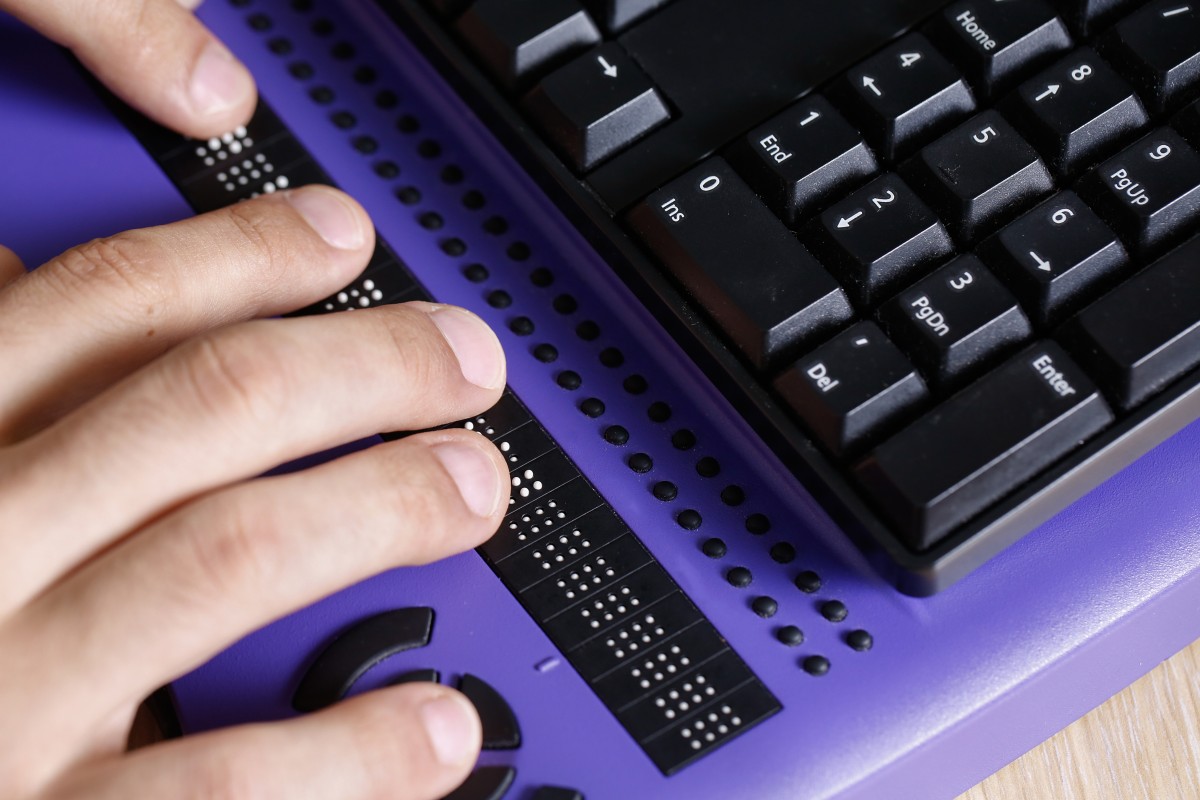“The Coding Is The Easy Part”: A Conversation About Accessibility In Journalism

I enjoyed this Nieman Lab interview with Holden Foreman, the first-ever Accessibility Engineer at the Washington Post. I’m particularly pleased to see that Foreman is thinking about accessibility as, well, not solely a problem that can be solved by better engineering:
The coding is the easy part. Centering our work in listening, and elevating voices that have long been marginalized, is essential to improving accessibility in journalism. Trust has to be earned, and I think this is the biggest opportunity and challenge of being the first in this role. It’s counterproductive for accessibility work to be siloed from broader audience engagement and DEI work. Keeping that in mind, a lot of my initial work has included conversations with various stakeholders to get a better understanding of where and how engineering support, education, and documentation are needed. Accessibility may be viewed as a secondary concern or just a technical checklist if we don’t engage with real people in this area just as we do in others…
It’s essential to think about accessibility not just in the context of disability but also in the context of other inequities affecting news coverage and access to news. For instance, writing in plain language for users with cognitive disabilities can also benefit users with lower reading literacy. [The Post published a plain language version of Foreman’s introductory blog post.] Making pages less complex can make them more user-friendly and also possible to load in the first place for folks in areas with bad internet, etc…
There are nuances specific to the accessibility space. Not everyone with a disability has access to the same technology. Screen reader availability varies by operating system. JAWS, one of the popular screen readers, is not free to use. And there are many different types of disability. We cannot focus our work only on disabilities related to vision or hearing. We need separate initiatives to address separate accessibility issues.
Ultimately, better accessibility tools for disabled users translates to better services for everyone. That’s not the only reason to do it, but it is an undeniable benefit.





Stay Connected